Filmmakers and audiences alike seem to love movies based on true stories. The idea that a person could watch incredible stories from history unfold in the theater the way they happened in real life has endless potential. Most of the time however, the movies based on these real-life events do not quite follow the true history.
Some events need to be glamorized for the big screen, or have original characters added to them so audiences can feel more connected to the setting, or in the case of The King’s Man completely changed in a fun, yet surreal, manner. IMDb asked viewers which movies they thought played loosely with the truth, and these are their top 10 picks.
Apocalypto (2006)

Mel Gibson is no stranger to historical epics that take more than a few liberties with their source material, and Apocalypto is no different. While the film did star a mostly indigenous cast and attempted to use a version of one of the Mayan languages, its actual depiction of the ancient Mayan civilization was subject to very mixed reviews.
While some historians felt that it accurately portrayed the culture of the ancient Mayans, others thought that the film’s Mayans were an offensive stereotype of violent savages. Apocalypto’s use of human sacrifice was one of the primary complaints, with the practice used in the film considered much more of an Aztec tradition than a Mayan one. Apocalypto may not be the least accurate film, it is certainly far from the most.
Pearl Harbor (2001)
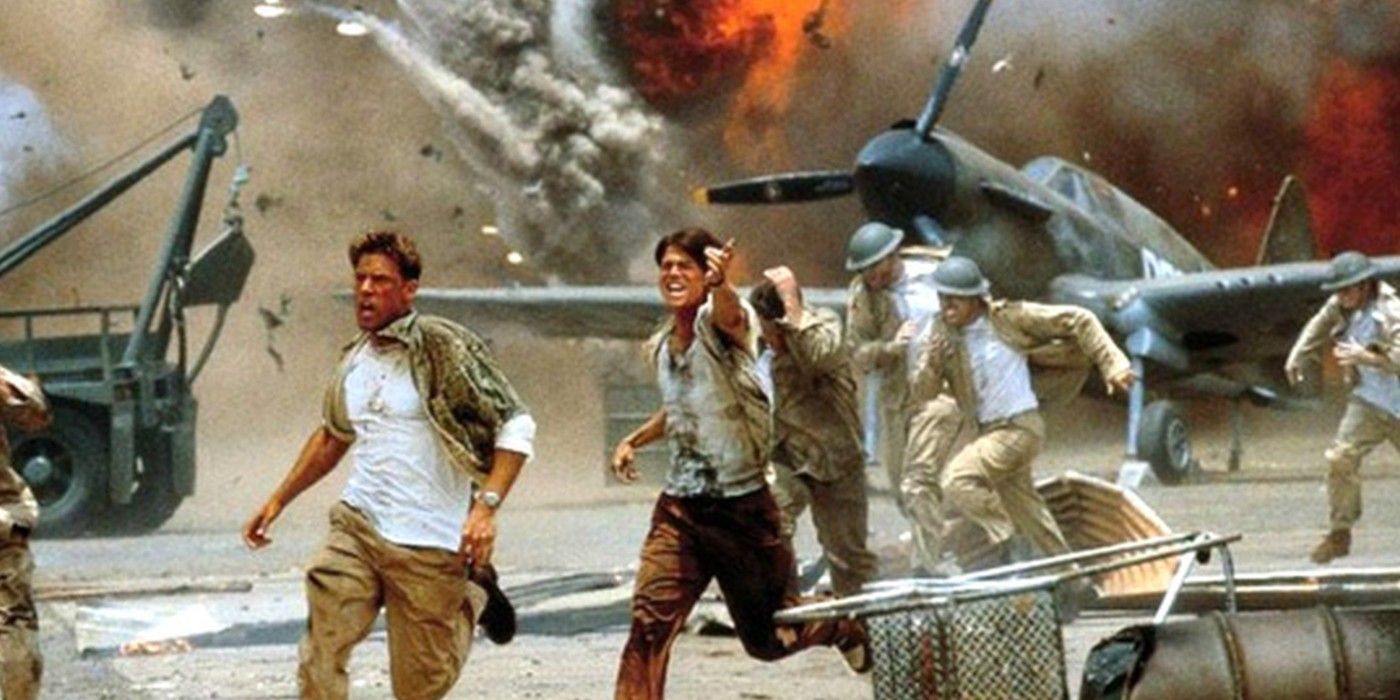
Michael Bay’s Pearl Harbor tells the story of the infamous attack that brought the United States into World War II from the perspective of three characters who didn’t actually exist. The film mostly centers around a love triangle between two Navy pilots and a nurse that happens to be interrupted by the Pearl Harbor bombing.
While the actual bombing sequence has garnered some praise for its cinematography, the historical accuracy of the film has not. Despite featuring brief depictions of multiple real-life figures, including Doris Miller, one of the biggest heroes of the battle, Pearl Harbor made the odd choice to focus on completely fictitious people instead. There is even an entire National Geographic documentary dedicated to all the inaccuracies of the film.
Amadeus (1984)

Amadeus was intended to be a very fictionalized tale about the life of legendary composer Mozart, and was actually based more on a stage play than real history. It is even considered by the National Film registry to be among the best movies of all time, but it is still one of IMDb’s least accurate films.
Amadeus centers around a rivalry between Mozart and fellow composer Antonio Salieri, which was almost completely made up in the years following the two men’s deaths. The two leads are also heavily fictionalized versions of their real-life counterparts, with Salieri being nowhere near the jealous murderer he is portrayed as. Amadeus may be a great film, but it is far from true.
The Last Samurai (2003)
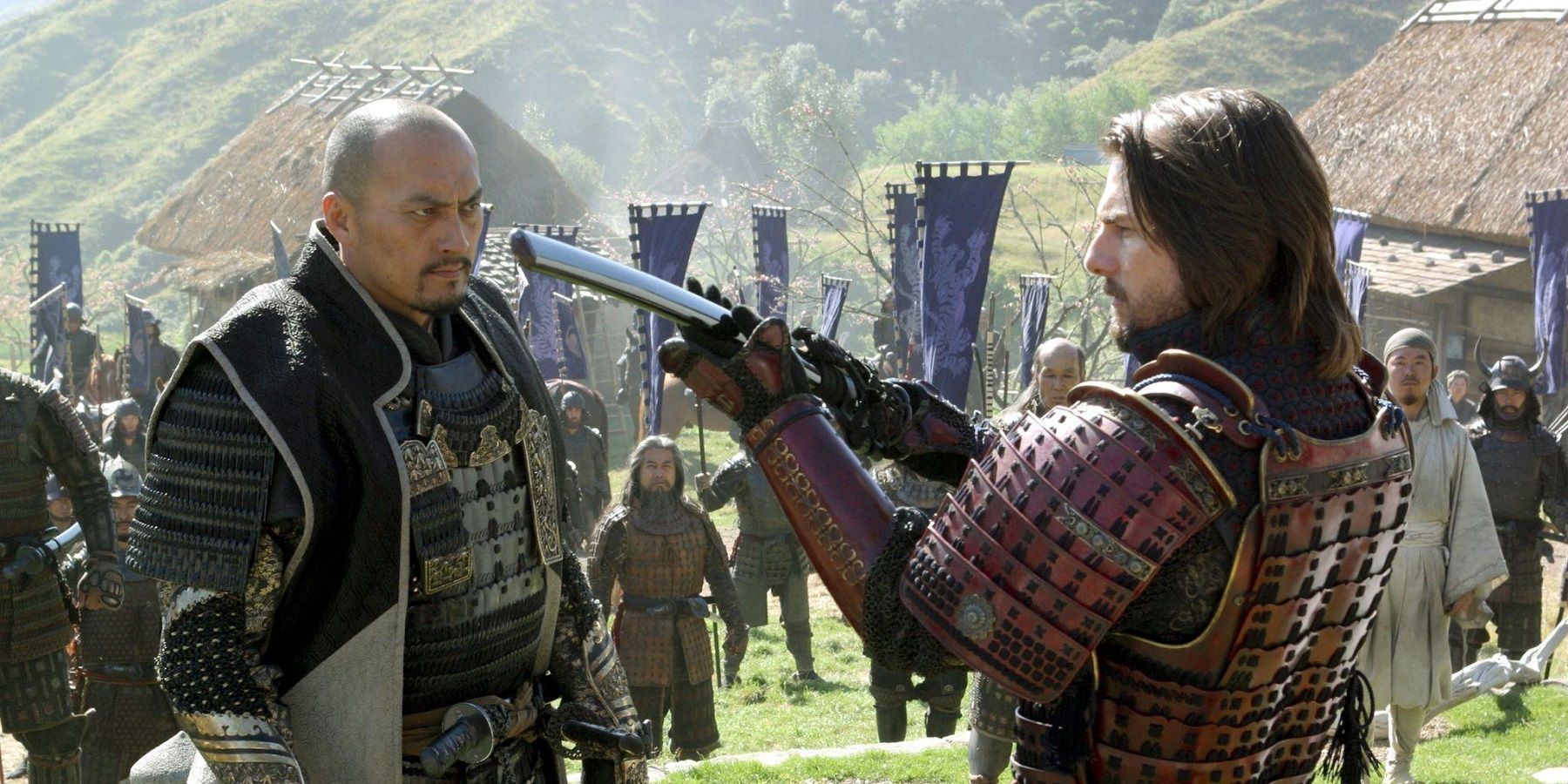
The elephant in the room in discussion about The Last Samurai is that its central character is a white American played by Tom Cruise, and not an actual samurai. The film is very heavily based on the real Satsuma Rebellion of 1877, where a large army of samurai rose up against the Imperial Japanese government.
In the film, the samurai are portrayed as noble figures just trying to protect their way of life, but historians have debated this as they point out a part of the Samurai’s intention was to continue to repress those “under them” who were rising in social status thanks to the new Japanese government. The film’s casting of Tom Cruise has also been heavily criticized as an example of the “white savior” trope, instead of telling the true story and accurately featuring more on the man the film is based on – Saigō Takamori.
Troy (2004)
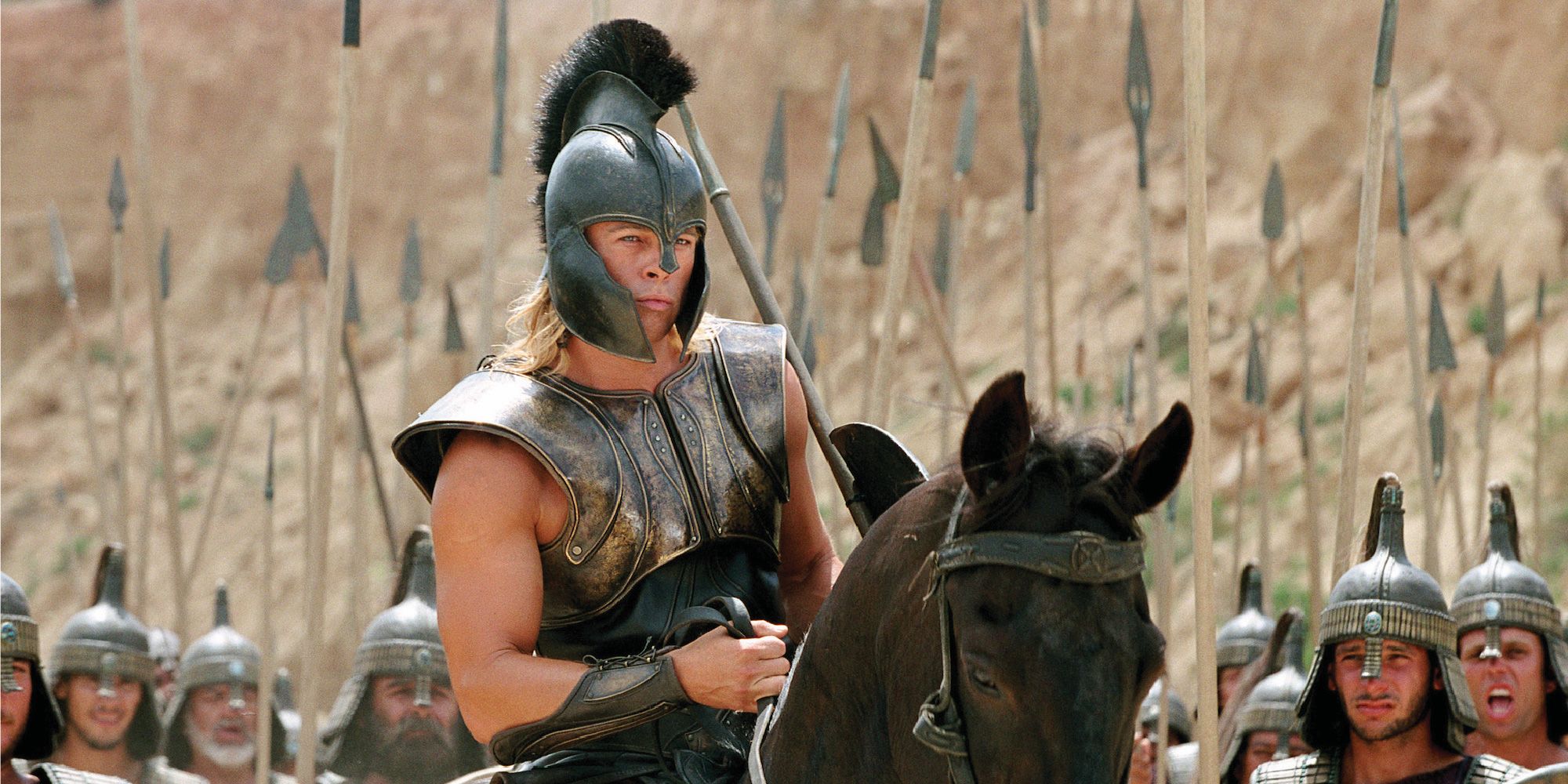
The topic of how true the story of the Trojan War actually is has been a topic of debate for centuries, and whether it is truly fact or merely mythology may never be completely settled. Even so, Troy is considered to be a very Hollywood sensationalized take on Homer’s epic poems.
The film condenses the entire war into just a few weeks, despite the war actually continuing for over ten years. Several key characters were also changed significantly to make Troy check more of the Hollywood boxes. Brad Pitt’s Achilles is far from the noble warrior of The Iliad, and several characters, including Orlando Bloom’s Paris, did not survive the war as depicted. Even with the questionably accurate source material, Troy manages to be quite a bit off.
Argo (2012)
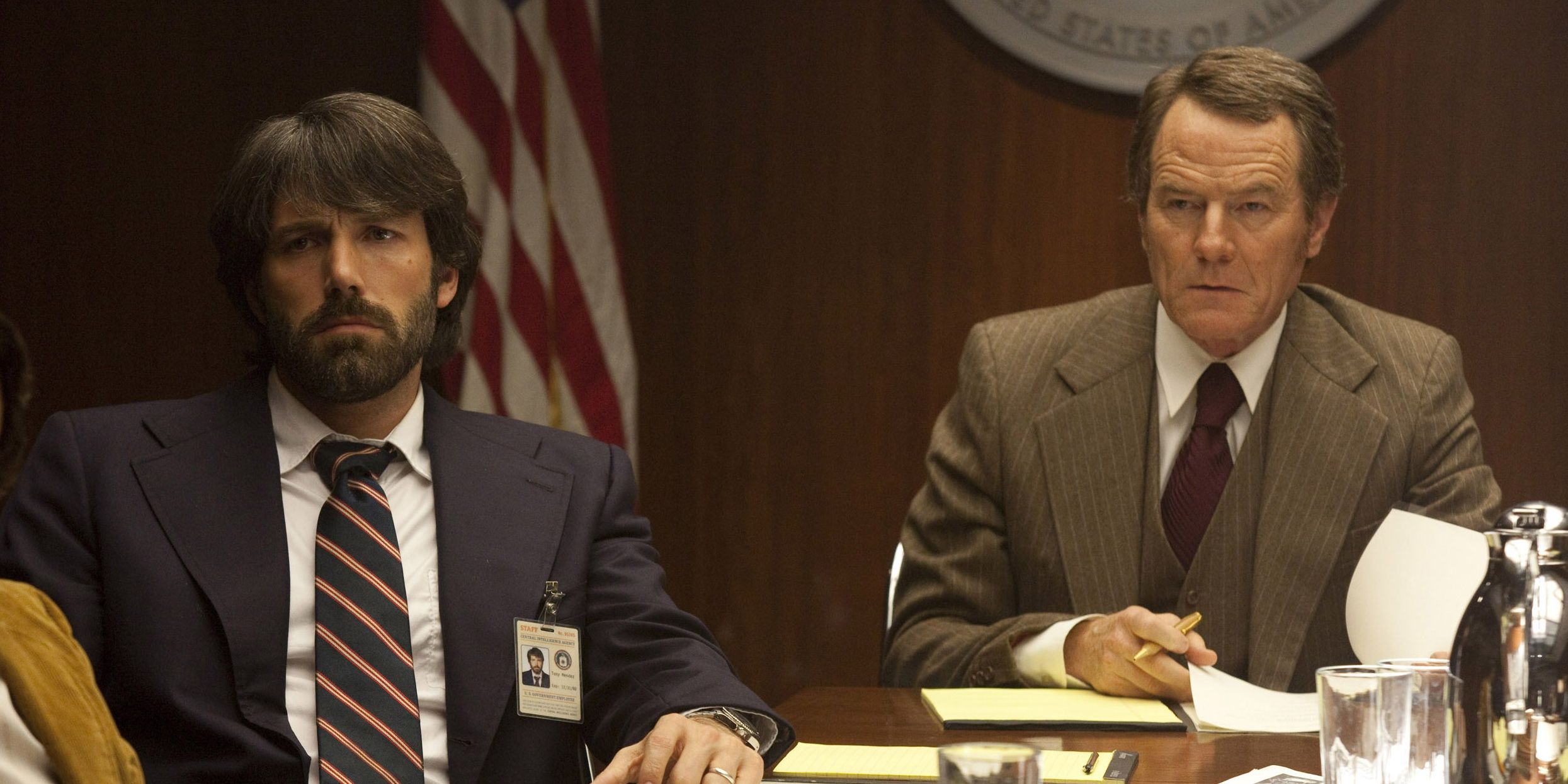
Argo was an award-winning film about an operation between multiple countries to rescue a group of diplomats during the Iran Hostage Crisis. The film was highly praised, even taking home the Academy Award for Best Picture. Unfortunately, the film’s depiction of the events has faced criticism as being quite different from the real story.
The film portrays the CIA as the main masterminds behind the rescue, but the Canadian government was actually responsible for most of the operation. The film also tries to minimize the contributions of other countries like New Zealand and Britain. The inaccuracies even prompted former president Jimmy Carter to set the record straight in an interview.
300 (2006)

Zack Snyder’s 300 is another movie that never really intends to be a true historical account, so most of its inaccuracies can be forgiven. That said, there are a whole lot of inaccuracies. A movie based on Frank Miller’s comic series, 300 tells the story of the legendary last stand of the Spartans at the battle of Thermopylae.
Unlike in the film, the Spartans were not the only ones who fought at Thermopylae, being aided by a large army of other Greek soldiers as well. The film also controversially depicts the Persians as savage, almost feral people, despite being one of the most advanced civilizations of the time. 300 may not be accurate, but then again, it never really tries to be.
Braveheart (1995)

Another Mel Gibson film, Braveheart is still a great historical epic to watch, but it is rife with historical inaccuracy. Immortalizing Scottish freedom fighter William Wallace in his crusade against the English, Braveheart does manage to capture the scope and brutality of the war pretty well, but just about everything else is pure fiction.
Most of the characters are completely different from their real life counterparts, several characters are added and several historical figures are omitted, and the romance subplot between Wallace and Isabella of France is totally fabricated. Even the iconic kilt and face paint are wrong, as kilts weren’t invented until far later. Mel Gibson defends the changes as more cinematic than the truth, which is probably true. Braveheart is still a great movie.
Titanic (1997)
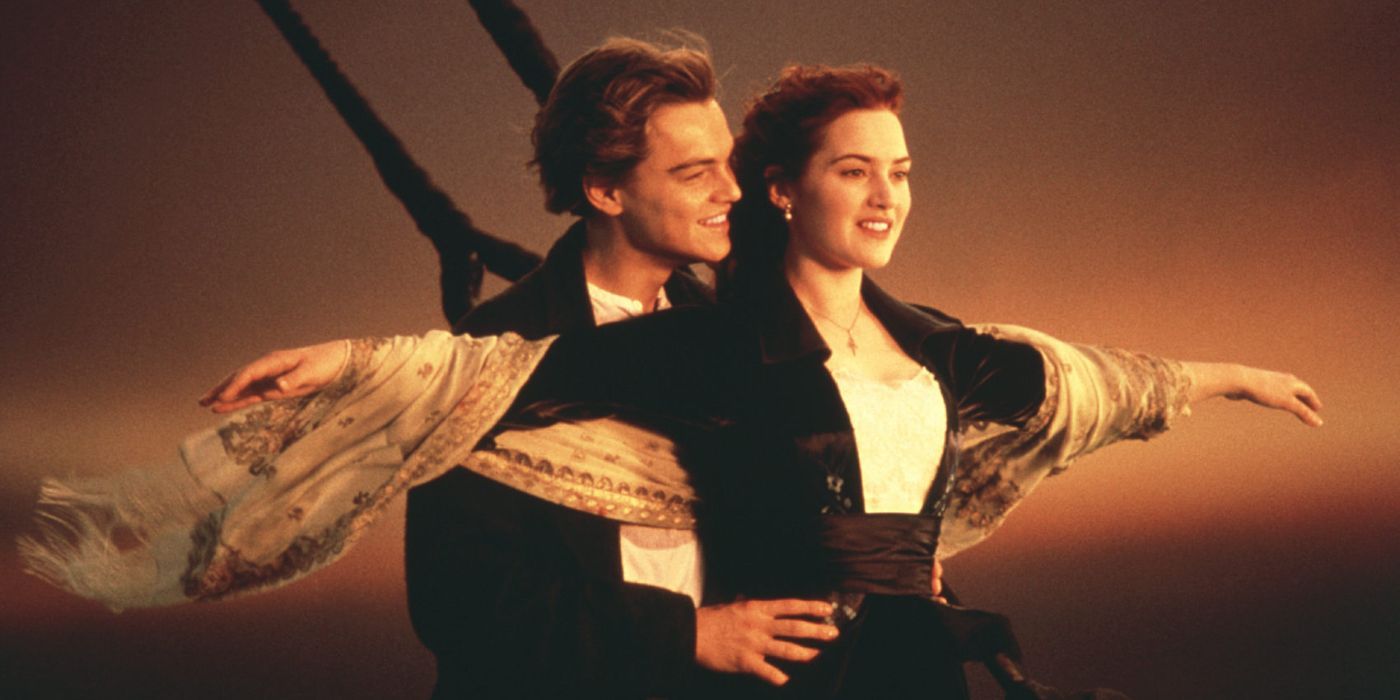
James Cameron’s legendary Titanic is another example of a film using a real historical backdrop to tell a fictional love story. Titanic tells the story of Jack and Rose as they meet and fall in love on the titular doomed ship.
Most of the central characters and their role in the story are made up for the movie, but the plot does follow the sinking of the ship very closely and features quite a few real life characters. It is mostly in its depictions of these real people that Titanic breaks away from history. Real people like J. Bruce Ismay and William Murdoch were villainized, much to the anger of their still living families. Titanic may be one of the highest grossing movies ever, but it still sits as IMDb’s second most inaccurate movie.
Gladiator (2000)
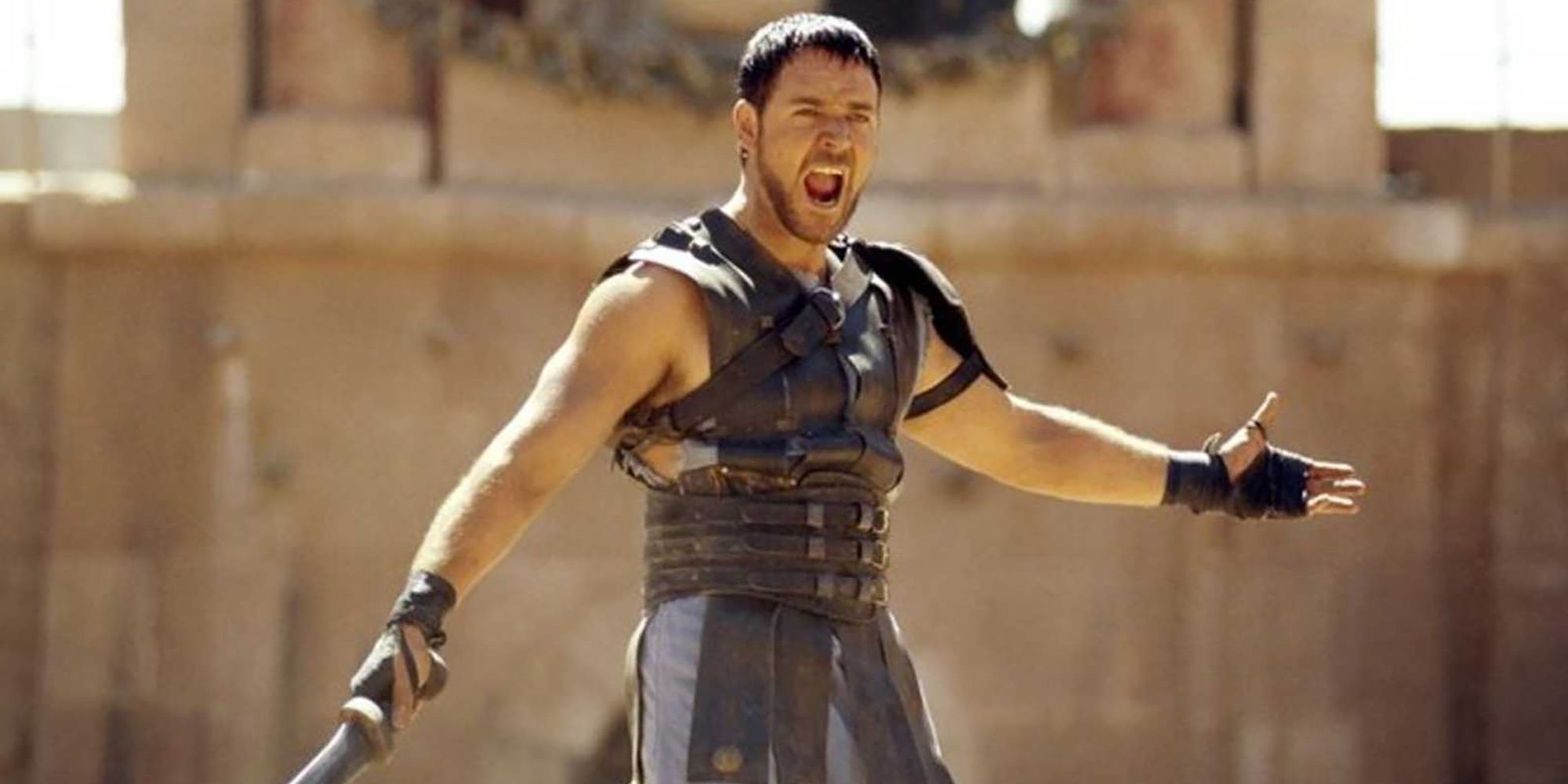
Ridley Scott is one of Hollywood’s best directors, and his epic Gladiator even snagged Best Picture at the Oscars, but unfortunately, it strays far from depicting the real history behind it. Russell Crowe’s Maximus was entirely fictional, but Marcus Aurelius and the villainous Commodus were both real emperors.
Aurelius died of natural causes instead of being murdered by his son as depicted in the film, and Commodus was actually strangled in his bath by a wrestler and not stabbed in a gladiatorial battle. Rome also did not become a republic again like the film suggests, and instead was subject to a violent power struggle between several prospective emperors. Gladiator may be IMDb’s most historically inaccurate movie, but that doesn’t mean it isn’t great.




